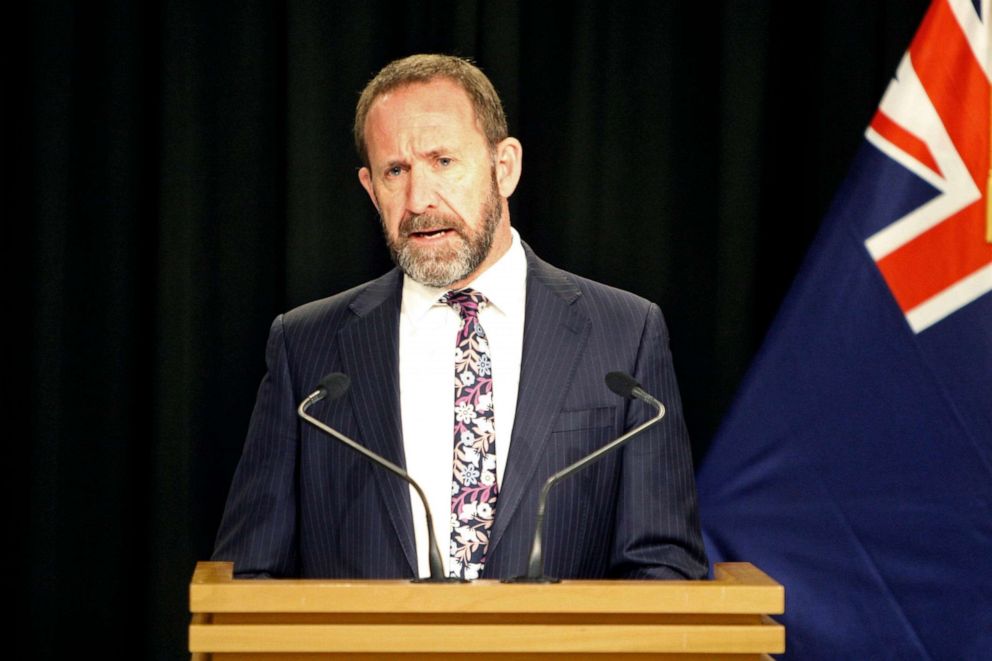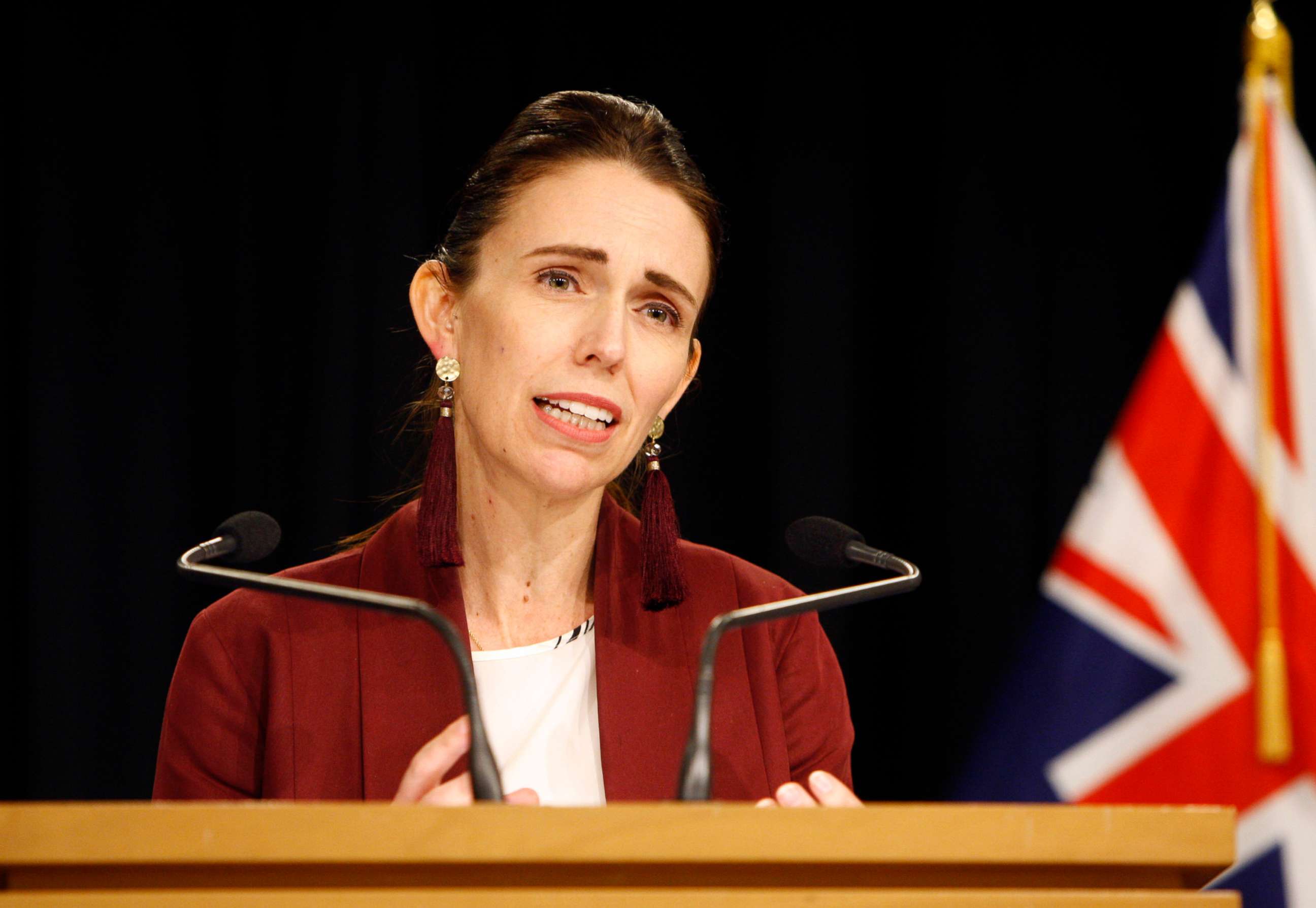New Zealand's new abortion legislation passes first read in Parliament
The first update in over 40 years is on its way to becoming law.
LONDON -- New legislation that would decriminalize abortion in New Zealand passed its first reading in the Parliament with 94 votes to 23 Thursday.
The legislation, which was announced on Monday by the Justice Minister Andrew Little, is the first update to New Zealand's abortion law in over 40 years.
"The biggest change is taking [abortion regulations] out of the criminal code, which is very positive," Jackie Edmond, the chief executive of Family Planning, a New Zealand non-profit national sexual and reproductive health provider, told ABC News. "Abortion services are still managed through the Ministry of Justice, even though it's a health service."
Under current rules, abortion is only legal in the nation with the approval of two doctors, who must agree that continuing with a pregnancy poses a serious risk to the life or health of the mother, or in cases of incest, "mental sub normality", or fetal abnormality. After 20 weeks of pregnancy, the criteria become stricter.
In the last 10 years, 2,566 women have been told that their request for an abortion was unjustified, according to a report from Stuff Circuit, an investigative reporting group, that obtained data from the country's Abortion Supervisory Committee.
Introducing the new legislation on Monday, Little said, "Abortion is the only medical procedure that is still a crime in New Zealand. It's time for this to change."
Apart from removing abortion from the criminal code, the government's proposal would remove the statutory test under 20 weeks, allowing women access abortion services without the need for approval.

"This Bill will modernise the laws on abortion, by removing it from the Crimes Act and bringing the law into line with many other developed countries," Little said.
"It certainly will make [abortion] less complex and more timely, and easier to access," said Edmond. "And women can self-refer."
There has never been a criminal conviction under current abortion rules in New Zealand – a fact that MPs opposing the changes have brought up. But that is not the point, according to Edmond.
"It's not that people have been prosecuted," she said, "it's about human rights and bodily autonomy."
Now that it has passed its first reading in Parliament -- where the vote was treated as a conscience issue, meaning Members of Parliament were not directed by their party on how to vote -- it will be sent to a parliamentary Select Committee who will review the legislation and conduct consultations. After this, there will likely be a second and possibly third reading in Parliament, and the legislation is expected to be passed into law in about six months.
Decriminalizing abortion was one the Labour leader Jacinda Ardern's campaign promises prior to her election as New Zealand prime minister in 2017. There were some delays in getting the bill to Parliament, but they're working pretty quickly now, Edmond said.

An Ipsos poll published in June this year showed that 51% of New Zealanders said that abortion should be permitted whenever a woman said she needed one.
"Attitudes are changing in New Zealand," said Edmond. "There are more women in Parliament, that's had an impact, there are more conversations happening."
Abortion is one of the most commonly performed gynecological procedures in New Zealand according to a January 2018 report from the Abortion Supervisory Committee, and abortion is free for most New Zealand residents.
Speaking from New York, the International Women's Health Coalition told ABC News they strongly supported New Zealand's proposal to decriminalize abortion.
"Access to safe and legal abortion services — including self-managed abortion — should not be criminalized or restricted," said a spokesperson. "IWHC is hopeful that New Zealand will join the more than 30 nations that have liberalized their abortion laws since 2000."




